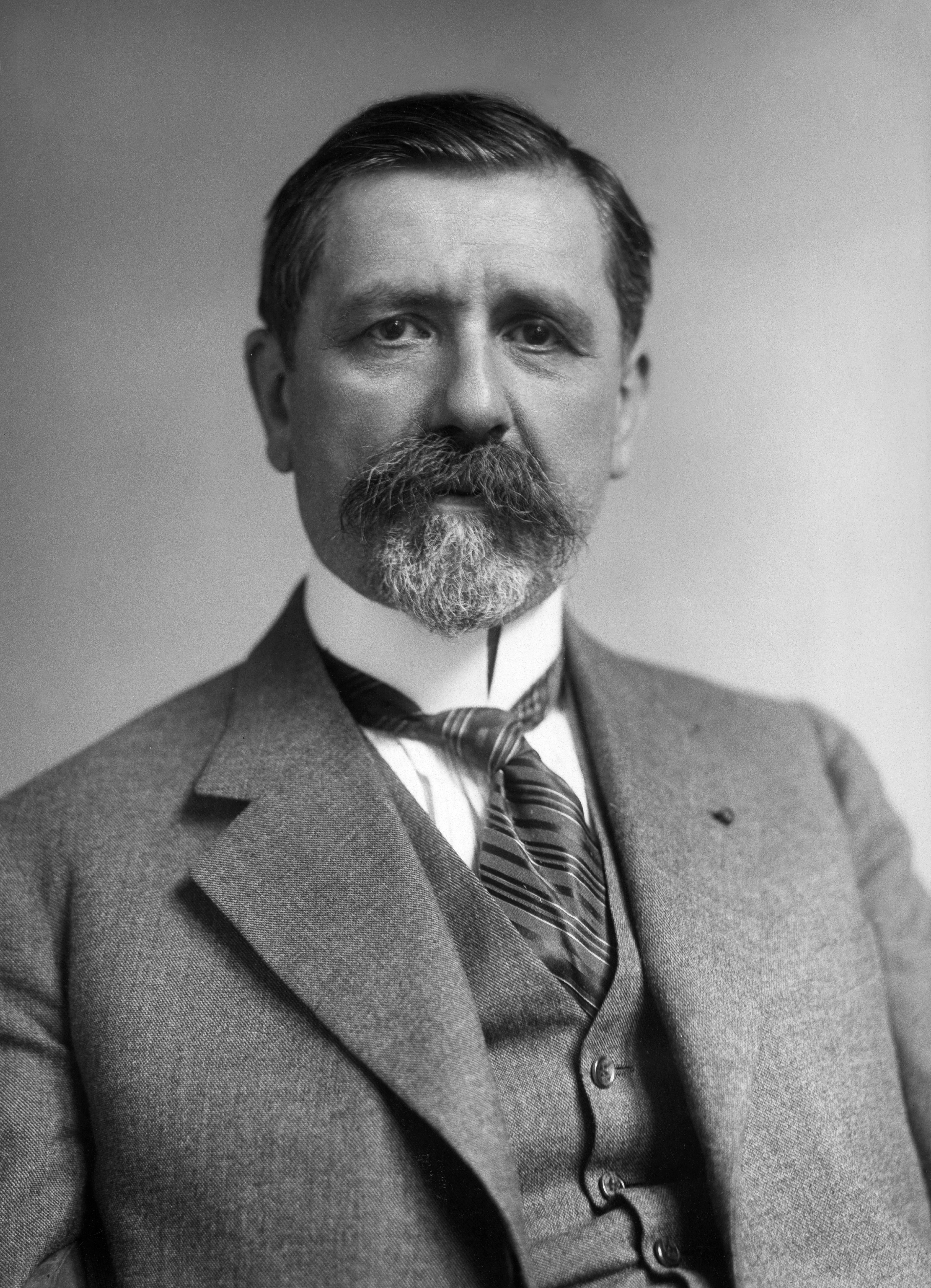Can you mastermind a US presidential campaign?

So these are the arcane rules for now and the candidates play the game. It is unlikely, however, that the founding fathers considered the deep maths involved.
Electoral game theory
In a short paper in 1921, the French mathematician and politician Émile Borel introduced the rudiments of what would a century later become the game you have just played. In Borel’s version, “each player arranges the numbers he has chosen in a determined order” and wins “if the numbers chosen by him are superior to the corresponding numbers” chosen by his opponent. If a majority of a player’s numbers are higher, they win. This is the mathematical skeleton of a political campaign.
Borel recognised the wider applications of this simple structure, writing that “the art of war or of economic and financial speculation are not without analogy to the problems concerning games”.
“The art of play,” Borel continued, “depends on psychology and not on mathematics.” But there is plenty of mathematics, too. In the field of game theory, this sort of competition became a canonical object of study, known as the Colonel Blotto game. In 1950, a germinal paper from the military think-tank now called the Rand Corporation described a “continuous Colonel Blotto game” and the strategies of “the wily Blotto” facing his “enemy”.

The fictional colonel is in charge of an army of troops, as is his opponent, which he has to distribute across some number of battlefields. Whoever is victorious on more battlefields wins the war. Real-world situations, including research and development, patent races, strategic hiring, auctions and, of course, elections have been examined through Blotto games.
Solutions to these games — what game theorists call equilibria — are maddeningly difficult to find. They involve complex “mixed strategies”, randomising across intricate plans so that your opponent cannot outguess you. In this sense, presidential campaigns can be thought of as incredibly rich versions of rock, paper, scissors.
A 2006 paper by a trio of political scientists was among the first to “appreciate the problem posed by the Electoral College and its Colonel Blotto game-like structure” — they argue, for example, that Gore’s hairbreadth loss to Bush in 2000 was due to mistakes in his Blotto strategy. A 2014 paper by two economists spends 20 pages on Blotto maths before concluding that more work would yield “insights into more complicated variants of the game, which may be more representative of real military, political or other environments”.
For now, your campaigning may reveal some glimpses of strategic insight into the political environment. And the real game will be decided on November 5, when Americans — and especially Arizonans, Georgians, Michiganders, Nevadans, North Carolinians, Pennsylvanians and Wisconsinites — go to the polls.
This story is free to read so you can share it with family and friends who don’t yet have an FT subscription.
US Election Countdown
Our US Election Countdown newsletter delivers authoritative analysis on the race for the White House. Sign up to get the newsletter in your inbox every Tuesday and Thursday.
#mastermind #presidential #campaign





